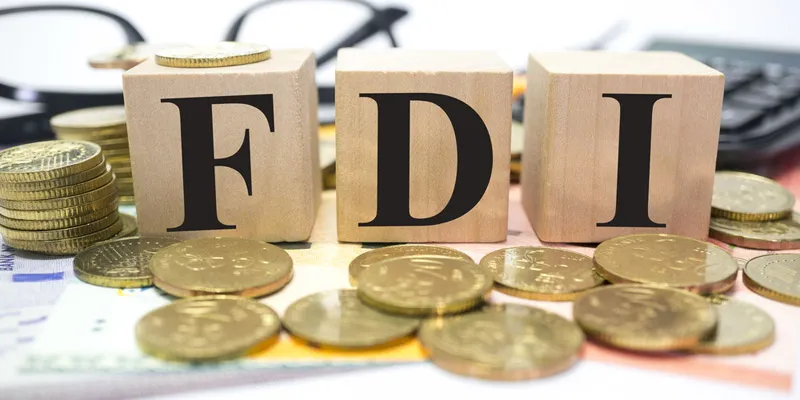FDIs in India flat in 2016, but prospects bright: UNCTAD
Foreign Direct Investments (FDI) in India remained almost flat in 2016, but the nation is expected to emerge as one of the top FDI destinations, according to the UN Conference on Trade and Development (UNCTAD).
The World Investment Report released by the UN agency in Geneva on Wednesday said that FDI rose by a paltry one percent in 2016 to $44.486 billion from the $44.064 billion in 2015.
At the same time FDI by India elsewhere declined by about third from $7.572 billion in 2015 to $5.12 billion in 2016, the report said.
The signing of a tax treaty by the Indian and Mauritian governments in 2016 may be the reason for the fall in FDI outflows from India as it "might have contributed to reduced round-tripping FDI," it added.
Looking at the future, UNCTAD said that India would be the third top prospective destinations for FDI, after the US and China.

It said that in India "renewed policy efforts to attract FDI could contribute to an increase of inflows in 2017".
Twenty percent of top executives of multinational enterprises (MNE) surveyed listed India as their top prospective host economy for 2017-19, it added.
UNCTAD, however, added a note of caution: "Although new liberalisation efforts continue to improve the investment climate in India, tax-related concerns remain a deterrent for some foreign investors."
The report did not give a specific figure for the brighter picture projected for India, but said that globally FDI was expected to rise moderately from $1.75 trillion in 2016 to 1.8 trillion in 2017 and $1.85 million in 2018.
After the two percent slide in 2016, "the new, more optimistic projections for 2017 are attributed to higher economic growth expectations across major regions, a resumption of growth in trade and a recovery in corporate profits," it said.
However, according to UNCTAD Secretary-General Mukhisa Kituyi, "Although this report projects a modest increase for 2017, other factors such as the elevation of geopolitical risks and policy uncertainty may impact the scale of the upturn."
Analysing FDI into India, the report said: "Foreign MNEs are increasingly relying on cross-border M&As (mergers and acquisitions) to penetrate the rapidly growing Indian market."
It cited the $13 billion acquisition of Essar Oil by Russia's Rosneft and a consortium led by Singapore-based Trafigura as "the largest deal ever in the country".
Indian companies also made a big deal in the energy sector. Vankor India - a joint venture of Oil India Ltd, Bharat Petroleum Corp and Indian Oil Corp Ltd, headquartered in Singapore paid $2 billion to acquire 24 percent of Vankorneft that is ultimately owned by Russian government's , Rosneftegaz. ONGC Videsh Ltd (India) paid $1.3 billion to get an additional 15 percent of Vankorneft.
China is also an important source of FDIs in India going for "some large-scale investments in dynamic industries, such as smartphone production", it said.
OPPO, which set up a manufacturing facility in Noida in 2014, announced an investment of $216 million in Andhra Pradesh in 2016, according to the report.
Huawei and Xiaomi "have also started to invest massively in India," it added.
Chinese investment in other areas are also growing apace, the report said, citing heavy-equipment manufacturer Sany Group's plans to invest $5 billion in India.







